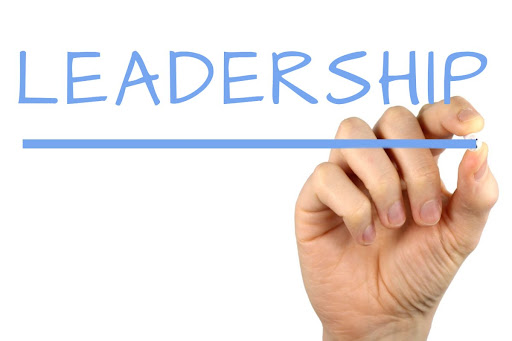As librarians’ transition into managerial roles, the dynamics of their responsibilities change, a lot. Effective leadership is not merely about overseeing tasks but fostering an environment of growth, collaboration, and achievement. Here are three essential traits for new managers or leader in libraries and other fields.
Communication is Key
At the heart of effective leadership lies the ability to communicate with clarity, empathy, and purpose. New managers must be adept at conveying their ideas, expectations, and feedback in a manner that resonates with diverse team members. Clear communication sets the foundation for a harmonious work environment, reducing misunderstandings and fostering a culture of transparency.
Moreover, an essential aspect of communication is active listening. New leaders should not only express their thoughts but also be attuned to the concerns and perspectives of their team. This two-way communication builds trust and establishes a sense of inclusivity within the team.
In practical terms, this trait involves mastering various communication channels, adapting the message to different audiences, and being open to feedback. By prioritizing effective communication, new managers create a work culture for collaboration, innovation, and psychological safety.
Emotional Intelligence
As leaders navigate the complexities of managing a team, emotional intelligence emerges as a pivotal trait. The ability to understand and manage your emotions while empathizing with others is a hallmark of successful leadership. New managers who possess emotional intelligence can navigate interpersonal relationships, inspiring their teams to perform at their best.
Emotionally intelligent leaders are not only aware of their own feelings but can also read the emotions of their team members. This awareness enables them to tailor their leadership approach, providing support where needed and celebrating successes together. By fostering a positive emotional climate, new managers can enhance team morale and resilience, key factors in achieving long-term success.
Adaptability
In today’s fast-paced work environment, adaptability is a non-negotiable trait for new managers. To navigate change and make informed decisions in uncertain situations, positions a leader as a dynamic force within their organization.
Adaptable leaders instill confidence in their teams by demonstrating a willingness to evolve strategies based on emerging challenges and opportunities. This trait involves a continuous commitment to learning, staying updated on industry trends, and encouraging a culture of agility.
In essence, adaptability enables new managers to steer their teams through uncharted territories, transforming obstacles into stepping stones for growth. By embodying this trait, leaders inspire resilience and creativity, fostering a culture where challenges are viewed as opportunities for improvement.
Finally, effective leadership goes beyond merely overseeing tasks; it involves cultivating an environment where individuals thrive. By prioritizing communication skills, emotional intelligence, and adaptability, new managers can set the stage for both personal and team success.
Check out more career advice on my website: KathyHusserTempe.com



